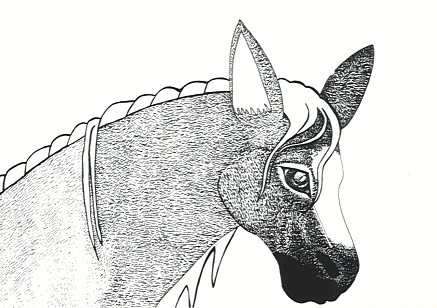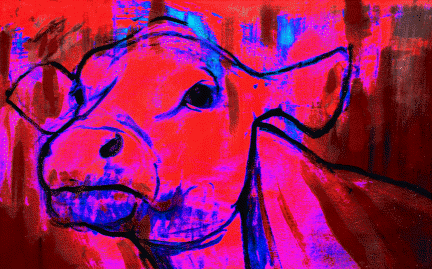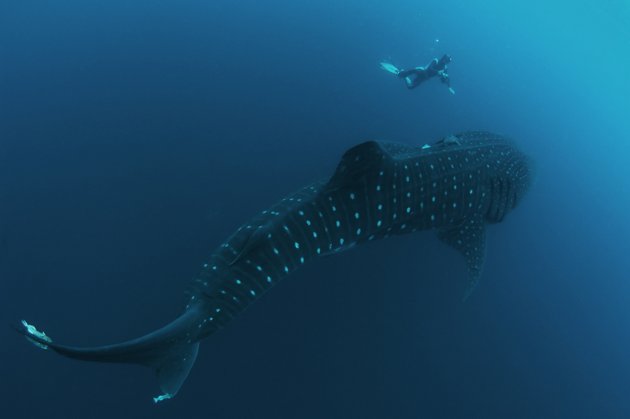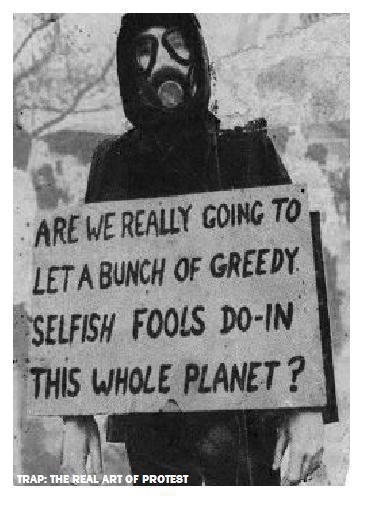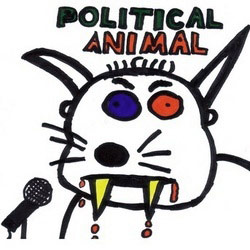Der Mythos der „humanen“ Art der Ausbeutung und Tötung von Tieren
Diese Informationen basiert auf Erfahrungswerten von Tierrettungs- bzw. schutzhöfen und den Recherchen bekannter Tierrechts- bzw. schutzorganisationen. Die Angaben beziehen sich auf die Realität in westeuropäischen und US-amerikanischen Agrarbetrieben.
Eine „humane“ Umgehensweise sollte eigentlich bedeuten, mit Respekt und Einfühlungsvermögen mit den Lebewesen umzugehen, die auf unsere Hilfe angewiesen sind. Es ist egal, ob es dabei um Menschen oder um Tiere geht. Das, was wir genau unter „humanen“, also menschlichen Werten verstehen, läßt darauf zurückschließen, auf welchem Level sich der gegenwärtige Aufgeklärtheitsstatus unserer Kultur befindet.
Würden wir die gleichen Methoden, die wir in der Aufzucht, Versorgung, und Tötung von Farmtieren praktizieren, auf unsere Haustiere anwenden, dann wäre das gesetzeswidrig und jeder normale Mensch würde so eine Behandlungsweise von Tieren als erschreckend und grausam empfinden … diesen Text als PDF lesen / downloaden (Link öffnet sich in einem neuen Fenster)
